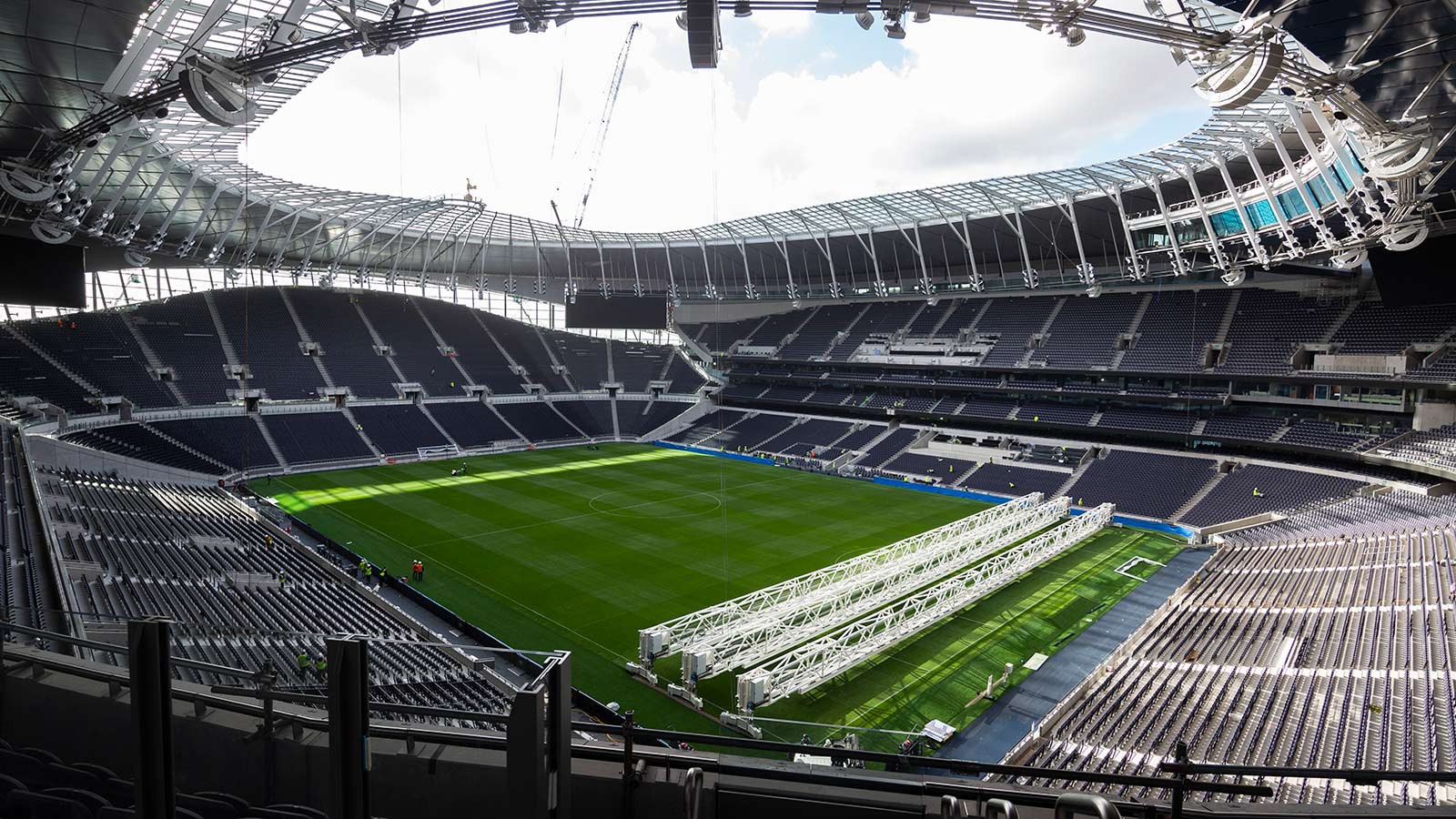The Man in the Glass Box
For 25 years, he was the constant, the face that ran the place. Whether the club was in the old White Hart Lane, or in the magnificent new Tottenham Hotspur Stadium he helped build, Daniel Levy was the immovable object at the top. His departure, announced quietly in a club statement, marks not just the end of an era, but a moment for reflection on a reign that was as successful in the boardroom as it was frustrating on the pitch. His legacy is not a simple one; it is a complex and often contradictory story of triumph and turmoil.
The Master Builder: From Mid-Table to European Regulars
Levy's greatest success was in the transformation of Tottenham from a mid-table Premier League club into a regular participant in European competition. When he took over, Spurs were a club of sporadic highs and frequent lows. Under his stewardship, a newfound financial prudence and a new approach to recruitment allowed the club to not only climb the table but stay there. He made tough calls, often unpopular at the time, that ensured the club’s long-term sustainability, a word that will come to define much of his tenure. The club's recent successes were based on this financial stability.
His magnum opus, however, is the stadium. The Tottenham Hotspur Stadium is not just a ground; it's a world-class arena, a monument to Levy's ambition and a testament to his negotiating skills (nevermind the massive bonus he paid himself for completing it). He oversaw every detail, from the retractable pitch to the state-of-the-art facilities, creating a financial engine that should secure the club's future for generations to come. This project alone, a monumental undertaking that was completed with relatively little financial drama, is perhaps his greatest enduring achievement.

The Micro-Manager: The Losses on the Pitch
Where Levy excelled in the boardroom, his hands-on approach to footballing matters often proved to be the club’s undoing. His reputation as a hard-nosed negotiator frequently led to key transfers falling through at the last moment. The sagas of Paulo Dybala, Jack Grealish, and Eberechi Eze are infamous examples, where a failure to match the asking price or a refusal to compromise on agent fees led to the club missing out on what could have been transformative talents. This micro-management of the transfer market, a realm traditionally handled by football directors and managers, was a constant source of frustration for coaches and fans alike.
Another major area of criticism was the club’s rigid wage structure. At a time when Levy was the highest-paid chairman in the league, the club’s refusal to break its salary structure to match the player wages of other top-tier clubs in England became a significant handicap. This approach often meant that Spurs were unable to attract or retain elite talent, who would instead move to rivals for more lucrative contracts. It was a clear signal to the world that while the infrastructure was elite, the club’s on-field ambitions were not always matched by their financial commitment to their most valuable assets, the football team that belonged in the shiny new stadium.
❌ Tottenham Hotspur’s High-Profile Failed Transfers:
— Last Word On Spurs (@LastWordOnSpurs) August 20, 2025
🇦🇷 P. Dybala
🇺🇾 L.Suarez
🇨🇴 L.Diaz
🇵🇹 B. Fernandes
🇵🇹 J. Moutinho
🇵🇹 R. Pereira
🇪🇸 D. Villa
🇪🇸 F. Morientes
🇧🇷 Willian
🇧🇷 Hulk
🇧🇷 L. Damiao
🇧🇷 D. Alves
🇧🇪 E. Hazard
🇸🇳 S. Mane
🇨🇲 S. Eto'o
🏴 J. Grealish
🏴 M. Gibbs-White
🏴… pic.twitter.com/qpysij0vdR
This lack of a proper long-term plan was also evident in the relentless churn of managers. From Mauricio Pochettino to José Mourinho to Nuno Espírito Santo and beyond, a revolving door of coaches meant the club was never able to establish a clear identity or philosophy. Each manager came with a different vision, only to see it curtailed by the club's lack of a consistent strategy and the constant need to adapt to a new set of demands.
The Final Verdict: A Complicated Thank You
Daniel Levy’s tenure was a quarter-century of remarkable progress, marred by a single, yet profound, flaw. He built a beautiful house and ensured its financial stability, but he never quite figured out how to make it a happy home for its inhabitants. He leaves behind a club in a far better state than he found it, with a stadium that is the envy of the world and a financial model that is among the healthiest in the game.
Perhaps, if he had been less involved with the actual footballing side of the business, trusting football experts to do their jobs, the on-field success would have matched his off-field achievements. For all the frustration, the missed opportunities, and the emotional roller coaster, he deserves a thank you. He was a chairman who gave everything to the club. It is now up to his successor to use the foundation he built to take Tottenham to the next level.


